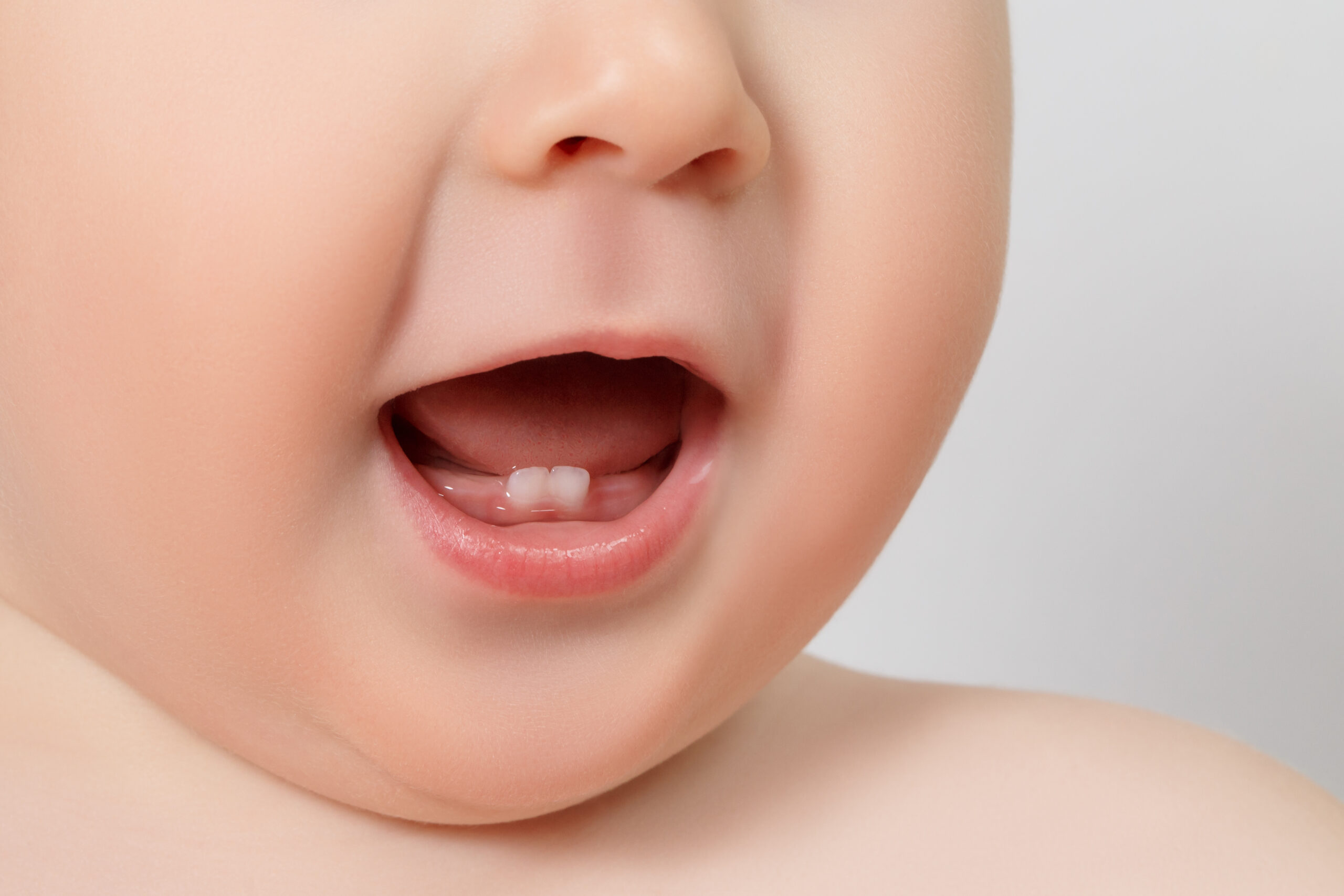Caring for Baby Teeth: A Guide to Ensuring a Healthy Smile

As parents, we cherish every milestone in our child’s life, and one of the most exciting moments is when their baby teeth start to appear. Baby teeth, also known as primary teeth or deciduous teeth, play a crucial role in a child’s overall development. In this blog, we will explore the significance of baby teeth, their developmental stages, the importance of oral hygiene, and tips for maintaining a healthy smile.
- The Significance of Baby Teeth: Baby teeth are not just adorable; they serve important functions in a child’s oral health and overall well-being. They aid in proper chewing, enabling the child to consume a nutritious diet, which is essential for their growth and development. Baby teeth also play a vital role in speech development, enabling clear pronunciation of words and sounds. Moreover, they serve as placeholders for permanent teeth, guiding their eruption into proper alignment.
- Stages of Baby Teeth Development: Baby teeth usually begin to emerge between the ages of six and twelve months, and by the age of three, most children have a full set of 20 primary teeth. The eruption of baby teeth typically occurs in a predictable sequence, starting with the lower front teeth (central incisors), followed by the upper front teeth, and gradually progressing towards the back of the mouth.
- Oral Hygiene for Baby Teeth: Establishing a proper oral hygiene routine from the start is essential for maintaining healthy baby teeth. Here are some key practices to incorporate into your child’s oral care routine:
Cleaning: Gently wipe your baby’s gums with a soft, damp cloth or gauze after feeding to remove bacteria and prevent plaque buildup.
Toothbrushing: As soon as the first tooth appears, start brushing it using an infant-sized toothbrush with soft bristles. Use a smear of fluoride toothpaste, roughly the size of a grain of rice. Gradually increase the amount of toothpaste to a pea-sized portion when your child turns three.
Frequency: Brush your child’s teeth at least twice a day, especially before bedtime, to remove food particles and plaque.
Supervision: Until your child develops the necessary motor skills, make sure to supervise toothbrushing to ensure they are using the proper technique and not swallowing toothpaste.
Avoidance of Bedtime Bottles: Never put your child to bed with a bottle containing anything other than water. Sugary liquids like milk, formula, or juice can lead to tooth decay.
Preventing Early Childhood Caries (ECC): Early Childhood Caries, also known as baby bottle tooth decay, is a prevalent dental condition among young children. Here are some tips to prevent ECC:
Limit Sugary Drinks: Restrict the consumption of sugary beverages like juice and soda. Encourage water as the primary beverage for your child.
Healthy Snacks: Opt for nutritious snacks such as fresh fruits, vegetables, and cheese instead of sugary treats.
Regular Dental Check-ups: Schedule your child’s first dental visit within six months of their first tooth eruption or by their first birthday. Regular check-ups will help detect and prevent dental problems at an early stage.
When to Expect Tooth Loss and Permanent Teeth: Between the ages of six and twelve, your child will begin to lose their baby teeth as permanent teeth erupt. The order of tooth loss usually follows the same pattern as tooth eruption. However, every child is unique, and the timing may vary. Consult your child’s dentist if you have concerns about the eruption or loss of teeth.
Caring for your child’s baby teeth is a vital aspect of their overall health and well-being. By following a consistent oral hygiene routine, promoting healthy eating habits, and regular dental check-ups, you can set the foundation for a lifetime of good oral health. Remember, a healthy smile begins with healthy baby teeth!
If you have any questions about this blog, please contact Maple Dental Care at (07) 3448 9279 or via online booking.

